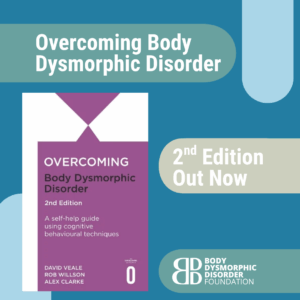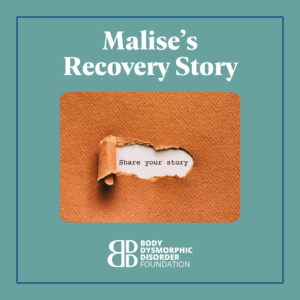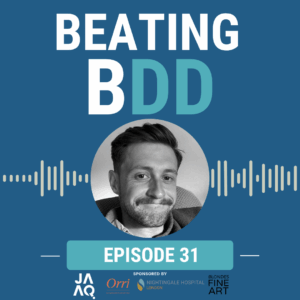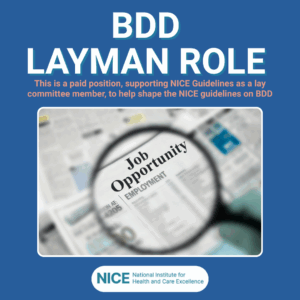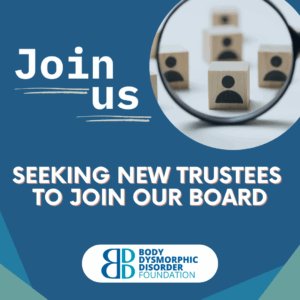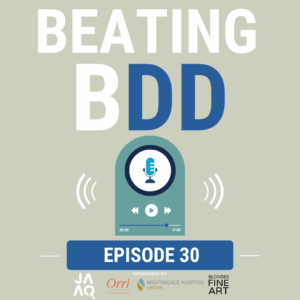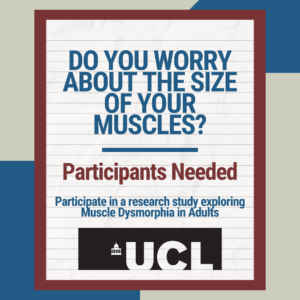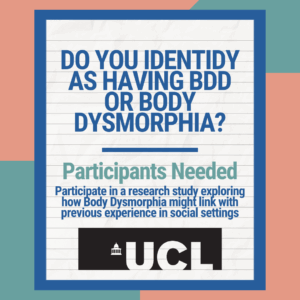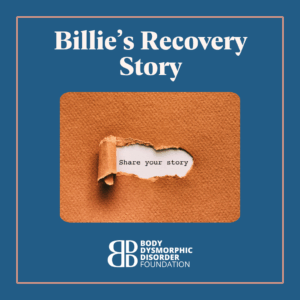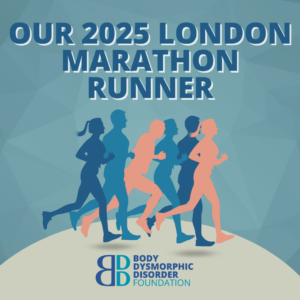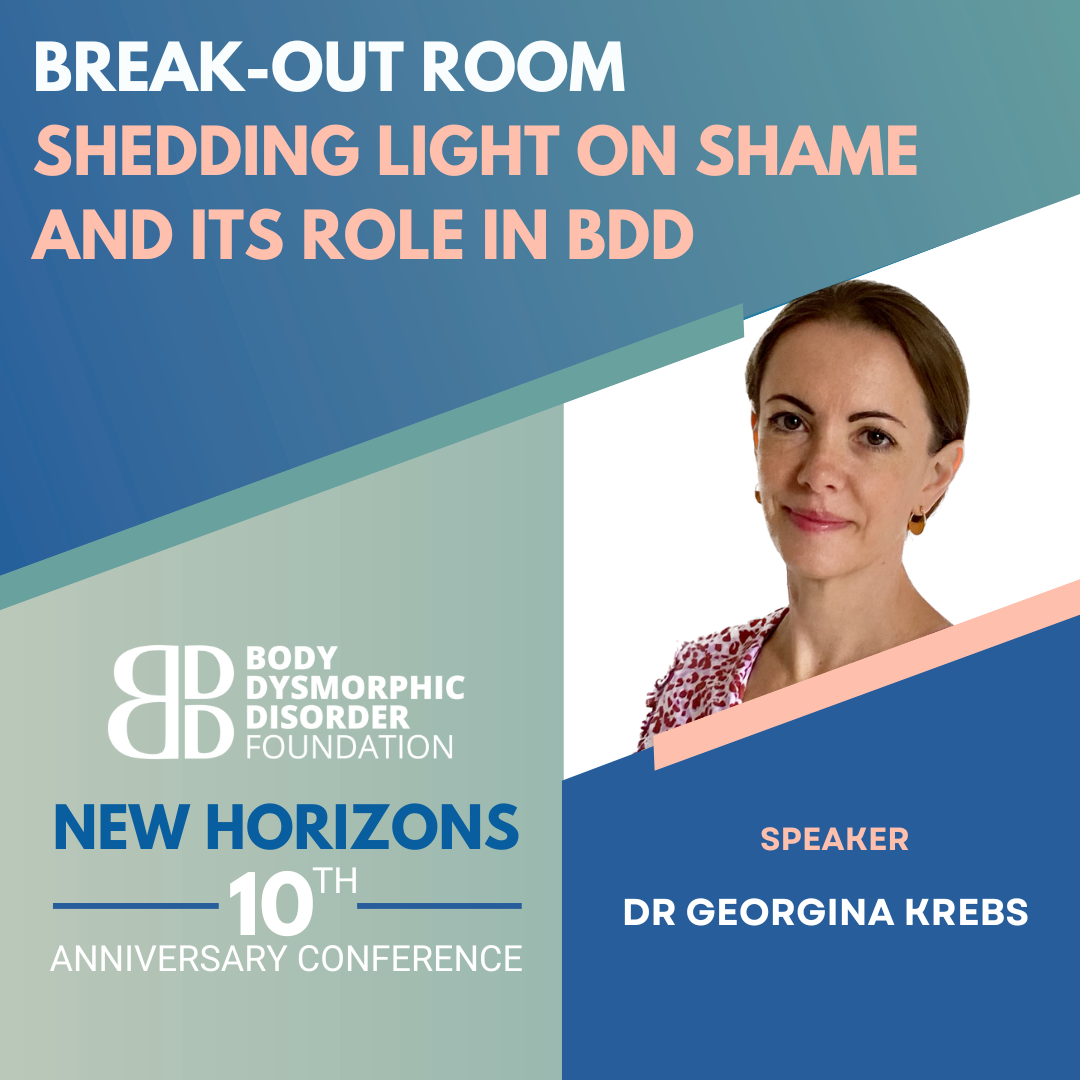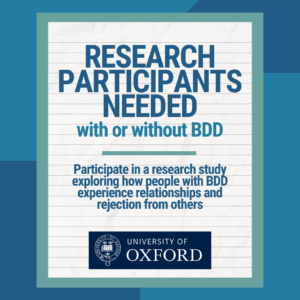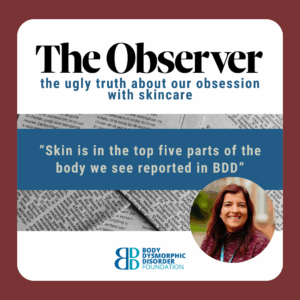With Dr Georgina Krebs
Over a century ago, early accounts of body dysmorphic disorder (BDD) described it as “an obsession with shame of the body”. This talk will discuss the nature of shame, positioning it as a powerful emotion that is intimately linked with an individual’s self-concept. The presentation will outline contemporary research, highlighting evidence for a connection between BDD and not just body shame but also a broader, more generalized sense of shame. We will explore the important question of whether shame serves as a risk factor for the development of BDD and/or arises as a consequence of living with BDD. The talk will also discuss the impact of shame within the lives of those experiencing BDD, demonstrating its clinical significance. Lastly, we will address the crucial question of whether shame has implications for BDD treatment, highlighting gaps in knowledge and future research directions.
Georgina is an Associate Professor at University College London (UCL), where she co-leads a research group called the Anxiety, self-Image and Mood (AIM) Lab. Much of her research is focused on body dysmorphic disorder (BDD), with the goal of better understanding the phenomenology, mechanisms and treatment of this condition in young people in particular. She has published around 90 peer-reviewed papers and book chapters, many of which have focused on BDD. Georgina is also an Honorary Consultant Clinical Psychologist. She co-leads the Anxiety, self-Image and Mood (AIM) Clinic, which is a specialist NHS service for young people and young adults with body dysmorphic disorder (BDD) and related problems. Prior to working at AIM, she trained as a Clinical Psychologist at the Institute of Psychiatry, Psychology & Neuroscience (IoPPN), King’s College London (KCL). After this she worked for over 15 years in a National and Specialist Clinic for Young People with Obsessive-Compulsive and Related Disorders. Alongside her clinical work, she undertook a range of research including leading clinical trials of cognitive behaviour therapy.
More stories from the community

